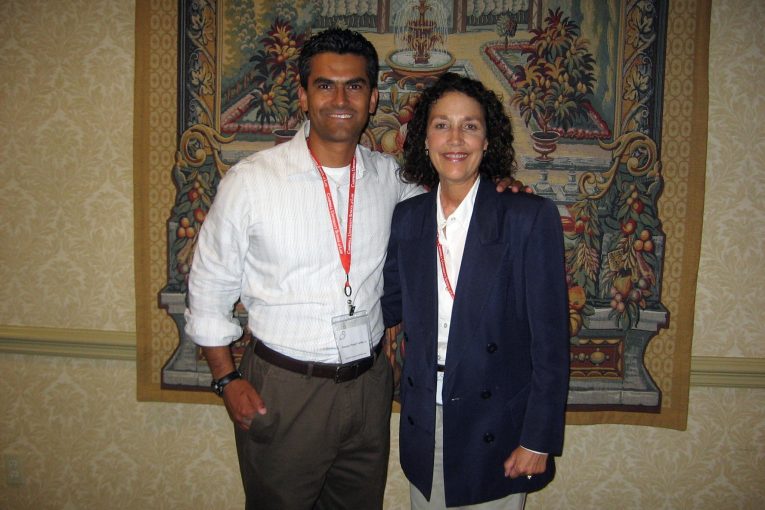

Franky Carrillo was one of the cases featured on Netflix’s series, “The Innocence Files.” The story begins in 1991 when Donald Sarpy was shot and killed in a drive-by shooting as he was standing in the driveway of his home in Lynwood, California. There were six witnesses to the murder, but none of them got a good look at the shooter due to the dark conditions.
Nevertheless, pressured by a sheriff’s deputy, then 16-year-old Franky Carrillo was identified and convicted of murder.
All six witnesses testified at Carrillo’s first trial, which ended in a mistrial when the jury was unable to reach a unanimous verdict. By the second trial, a key witness, Scott Turner, recanted his testimony, but despite no physical evidence linking Carrillo to the crime, the jury convicted him and sentenced him to life in prison.
Ellen Eggers, a deputy state public defender, met Carrillo in prison and took on his case. Eggers ultimately connected Carrillo to the Northern California Innocence Project (NCIP) and the law firm of Morrison & Foerster, which handled his case pro bono.
On March 14, 2011, Los Angeles County Superior Court Judge Paul Bacigalupo vacated Carrillo’s conviction based on the eyewitness recantations and two other men having confessed to the shooting.
Lisa Rea from Restorative Justice International and David Greenwald from the Davis Vanguard speak to Franky Carrillo about his case, what he has been able to accomplish since his release, and the impact of wrongful convictions and the need for restorative justice.
Restorative Justice International (RJI) and the Davis Vanguard have been partnering to launch the Wrongful Conviction Project (WCP). The project shines a light on wrongful convictions while urging the application of restorative justice to seek systemic reform of our justice system(s).
The project produces joint podcasts on wrongful convictions, work on prosecutorial reform and supports public policy changes needed to right the wrong of wrongful convictions.




